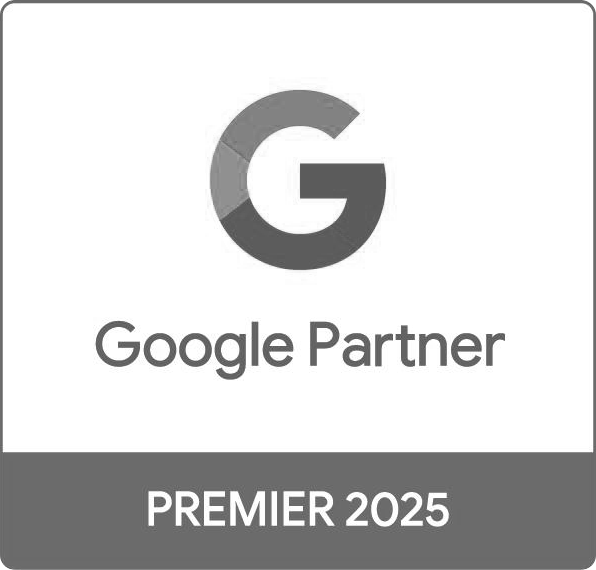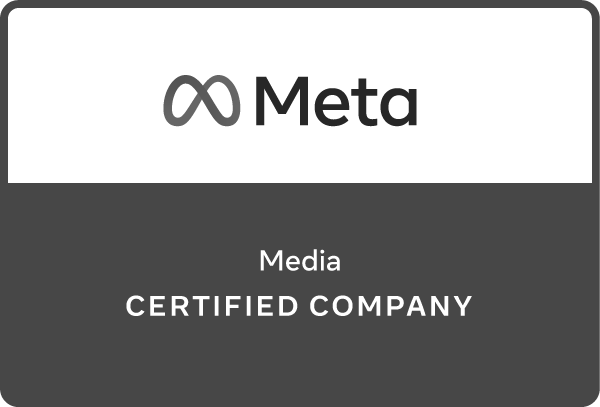
We’ve been fielding questions from Rise clients about Google’s recent testing around dropping the 100-result parameter from search results. For those who haven’t been following along, Google appears to be randomly restricting the ability to view 100 search results on a single page, a capability that many SEO tools and professionals have relied on for years.
Predictably, the SEO community’s reaction has been mixed, with some rank-tracking tools experiencing disruptions and professionals scrambling to adjust their monitoring approaches. But after working with dozens of brands on their search strategies, we think this change, if it becomes permanent, might actually push the industry in a healthier direction.
The hidden cost of tracking everything
Here’s what we see happening with many of our clients: Teams get caught up tracking keyword rankings well beyond position 20, sometimes monitoring hundreds or even thousands of terms that sit on page two, three or deeper. The data becomes noise rather than signal.
When you’re monitoring a keyword ranking at position 47, what actionable insight does that provide? In most cases, very little. That keyword isn’t driving meaningful traffic; it’s not close to breaking into valuable territory, and the ranking fluctuations at that level are largely inconsequential for business outcomes.
Yet we’ve watched teams spend hours analyzing these deep rankings, debating whether a move from position 52 to 48 represents progress or algorithmic noise. That’s time and energy that could be redirected toward opportunities that actually move the needle.
The focus problem in SEO
Prioritization is a persistent challenge in SEO. Unlike paid search, where budget constraints inherently force focus, organic search can feel limitless; there’s always another keyword to target, another ranking to improve, another piece of content to optimize.
This apparent limitlessness often becomes a liability. Teams spread their efforts thin, trying to optimize for everything instead of concentrating on keywords and content that drive real business value. They lose sight of the SEO version of the famous Pareto Principle, aka the 80/20 Rule: 80% of your traffic comes from 20% of your content.
When Google limits visibility into deep rankings, it forces a return to fundamentals: focusing on keywords that are either driving traffic now or are close enough to the first page to represent realistic opportunities.
What does Google’s 100-result parameter change mean for your SEO strategy?
If Google makes this change permanent, it won’t be a setback, but rather a nudge toward better practice. Here’s how smart teams should adapt:
- Prioritize proximity to page one. Keywords ranking in positions 8-15 deserve more attention than those at position 50. They’re close enough to first-page visibility to respond to targeted optimization efforts.
- Focus on performance metrics that matter. Instead of tracking every ranking movement, concentrate on organic traffic growth, conversion rates from organic channels and revenue attribution from search.
- Use ranking data strategically. Track keywords that actually drive business. For most sites, that means focusing on terms that either generate traffic now or sit within striking distance of doing so.
- Embrace the constraint. Limitations often spark creativity and efficiency. When you can’t track everything, you’re forced to identify what really matters.
The bigger picture
Google’s 100-result parameter change reflects broader shifts in how Google Search works. Its algorithms have become more sophisticated at understanding user intent and matching content to queries, even when exact keyword targeting isn’t perfect. The days of gaming rankings for vanity metrics are behind us.
At Rise, the brands we work with that see the best SEO results aren’t the ones tracking the most keywords; they’re the ones tracking the right keywords and executing focused optimization strategies.
If Google’s testing around the 100-result parameter change becomes a permanent feature, the SEO community will adapt, just as it has to every algorithm update and interface change over the past two decades. Tools will evolve, strategies will adjust, marketers will pivot.
New constraints can create clarity. And in an industry that often suffers from trying to optimize for everything, a little forced focus might be exactly what we need.
Want to learn more and continue the conversation? Rise wants to hear from you.








